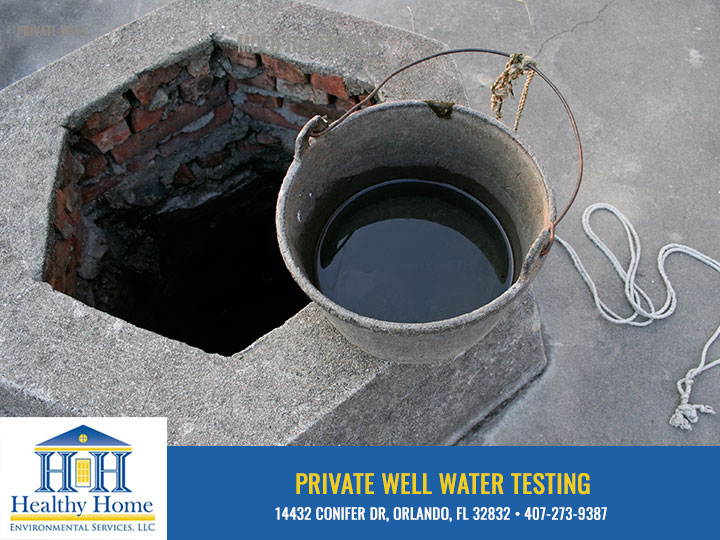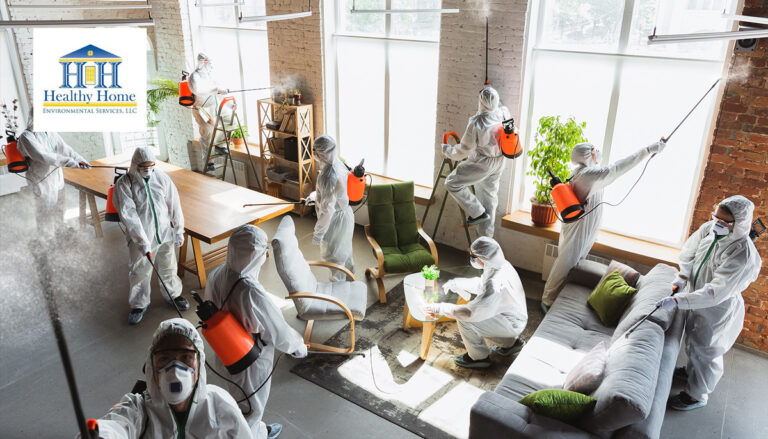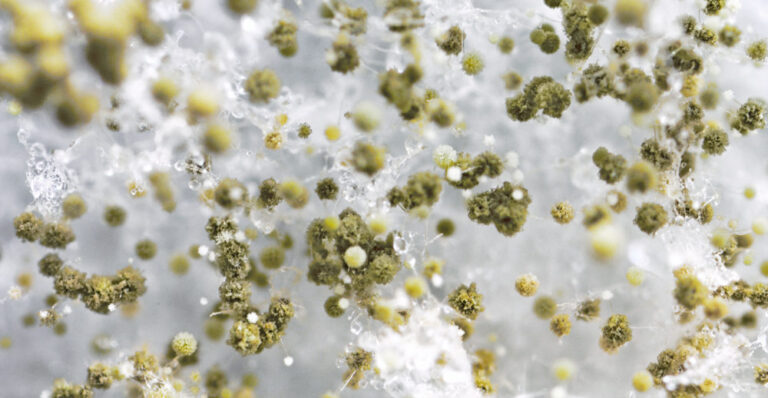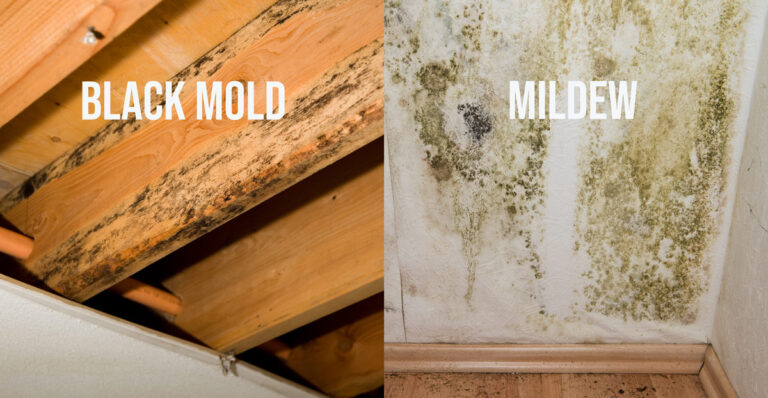The Importance of Testing Well Water for Dangerous Contaminants
In Florida, well water testing is highly important for homeowners who own private wells. According to the Centers for Disease Control (CDC), more than 15 million households throughout the U.S. get their water from private wells. Because these wells are privately owned, the quality of the water is not monitored or regulated by the Environmental Protection Agency (EPA), unlike water that comes from a municipal source or a public drinking water system.

With private wells, the homeowner is entirely responsible for ensuring the water flowing from their faucets is safe from contaminants. And while the U.S. has one of the safest drinking water supplies in the world, well water can still be contaminated due to several possible factors.
For example, naturally occurring minerals and chemicals, such as arsenic and radon, as well as pesticides and chemical fertilizers from nearby agriculture, can percolate into the water table. In some cases, this causes minor problems that, while undesirable, are not a severe danger to peoples’ health. For example, an unpleasant odor or taste may be present, the color or clarity of the water may not look right, or stains might appear on clothes when doing the laundry.
Coliform bacteria: Why we test for this often-harmless organism
Coliform bacteria is one of the most alarming contaminants that can appear in well water. Typically, most types of coliforms are not harmful – E. coli being an exception. However, because it exists in the feces of humans and animals, the presence of coliform bacteria in well water can indicate that there has been a soil or fecal intrusion in the water supply. That creates a likelihood that the water is contaminated with organisms that can make people sick, such as other types of bacteria, parasites, protozoa, and viruses.
The presence of such contaminants in drinking water can lead to gastrointestinal illness, neurological disorders, and reproductive problems. This can be especially dangerous for infants and young children whose immune systems are not fully developed. Others who may be susceptible to illness include pregnant women and the elderly, as well as people whose immune systems are compromised because of AIDS, chemotherapy, or transplant medications.
Testing for heavy metals in the water
Another danger often found in well water is the presence of heavy metals. This issue has been in the news over the last few years due to problems with the water supply in Flint, Michigan. Depending on the type of heavy metal, it can accumulate inside the body, reaching hazardous levels over time. The most dangerous ones include:
- Lead. This dangerous metal can get into the water supply, which happened in Flint, due to nearby industrial activity or natural deposits. Even at low levels, exposure to lead can be a danger to people’s health, especially for children, affecting the brain, kidneys, liver, and bones. Lead in the water has no taste or smell and can’t be seen, so testing is required to determine whether it’s present or not.
- Arsenic. Most people think of arsenic as a form of poison, but it is a heavy metal common in the earth’s crust. It often gets into the water supply due to natural erosion from soil and rocks. It can also result from the manufacture of electronics and other industrial activities. In the short term, exposure to arsenic can cause stomach issues like nausea, vomiting, and diarrhea, and is even more damaging in the long term.
- Chromium. If you saw the movie Erin Brockovich, you may be aware of the health issues chromium can cause. It can contaminate water supplies from both natural deposits and the manufacture of electroplating and many types of pigments. While some forms of chromium are considered a vital nutrient and is sold in the vitamin section at most grocery stores, other kinds of chromium are known carcinogens to be avoided.
For homeowners who get their drinking water from a well, it’s a good idea to have your water tested once a year or so, especially if there is any kind of industrial or agricultural activity nearby.
For more information about the services we provide at Healthy Home Environmental Services or to make an appointment, please call 407-395-4549 or request more information on our website.







